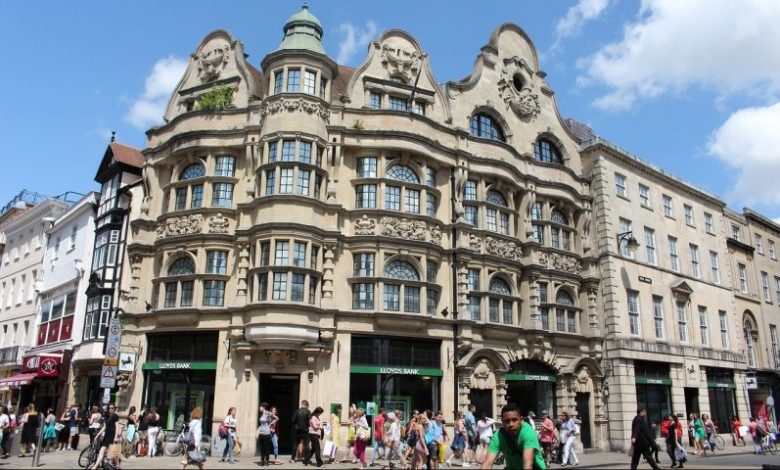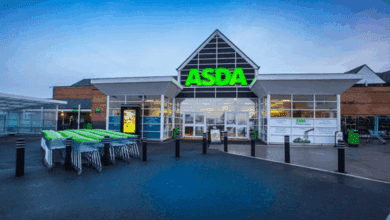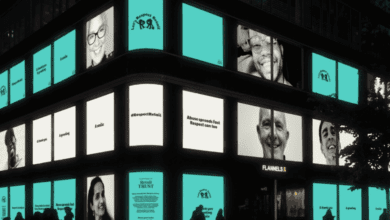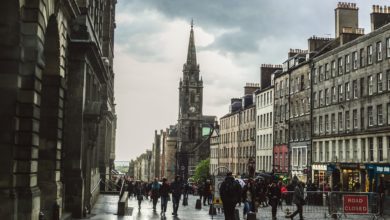61% of Brits worried high street will disappear in 10 years

Register to get 1 free article
Reveal the article below by registering for our email newsletter.
Want unlimited access? View Plans
Already have an account? Sign in
Consumers are worried the high street is going to be lost completely due to the current store closures in the news, research by commercial brokers KIS Finance has revealed.
A survey of 1,000 consumers in the UK, found 61% of Brits are worried the high street will disappear in the next 10 years and respondents believed food and beverage, value and fashion brands were going to be the next victims of the high street. They also said they would be more like to shop in-store if local high streets had free parking and easy accessibility.
As part of its research KIS mapped out which cities had been hit the hardest by store closures over the last year, including those in 2019 such as M&S and Patisserie Valerie. This revealed northern cities such as Leeds and Glasgow had been hit far harder than their southern counterparts. The top cities impacted were:
- Leeds
- Glasgow
- Aberdeen
- Bradford
- Cardiff
- Doncaster
- Leicester
- Manchester
When asked what would “tempt them back” to the high street, 41% of respondents said more staff were needed to ensure the experience was quicker while 34% wanted a clearer way of checking stock levels and availability in stores. Some 27% wanted a 24 hour shopping experience and 26% of respondents wanted self-service to avoid queues.
James Child, retail analyst at data firm and research partner EG, said: “It is quite likely that there will be a continuation, if not a proliferation of the negative headlines in retail. The raft of CVA’s and administrations in the sector has culminated in an expected 1,600 store closures across the UK, with over 18 million square foot of prime retail real estate vacated.
“When we break down the events of 2018 there are some trends which we could well see exacerbated into 2019 – due to fragile trading conditions and economic uncertainty. There are certain sub-sectors that will face more pressure others.”
He added: “The fallout from the department store will continue at pace, with the future of House of Fraser, and Debenhams in particular should come to a head, a merger quite possible with a reduction of their overstretched portfolios. Food and beverage, value and fashion brands will come under more strain as over stretched markets begin to weed out weaker offers as retail Darwinism bites.”
When asked what the high street would look like in 10 years, consumers thought it was least likely that there would be any cinemas, banks, travel agents or independent retailers left. Restaurants, coffee shops, second-hand shops and bars were the kinds of businesses people expected to remain on the high street in 10 years, followed by fast food restaurants, retail chains and clubs.
Holly Andrews, managing director at KIS Finance, said: “The reason why so many retailers are struggling with their stores is because consumer shopping habits are changing and the high street needs to change with it, creating a more community led atmosphere with more accessibility and variety for everyone.”







